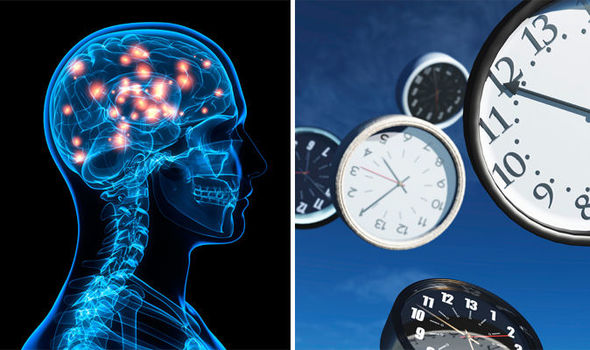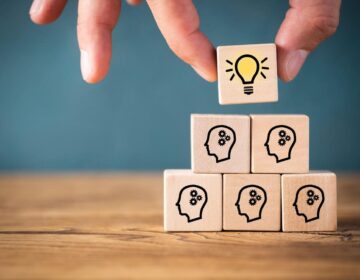Researchers examined a girl with exceptional memory recall. Her case could transform understanding of how we relive the past and imagine the future.
Autobiographical memory is the ability to recall personal experiences that have shaped us since childhood. It includes both emotional and sensory recollections of people, places, and events, along with factual details such as names and dates that help situate us when we try to retrieve a moment from the past.
For most individuals, the clarity of these memories varies with time or personal significance. Because memory is dynamic, recollections often lose detail, disappear entirely, or are reconstructed in part.
Yet in very rare cases—only a few documented in the scientific literature—some people can access such an abundance of autobiographical detail that they can connect specific events to precise calendar dates.
“In these individuals, known as hyperthymesics, memories are carefully indexed by date. Some will be able to describe in detail what they did on July 6, 2002, and experience again the emotions and sensations of that day,” explains Valentina La Corte, a research professor at the Memory, Brain, and Cognition Laboratory at Paris Cité University.
The ability to recall personal experiences contributes to the construction of our life narrative and strengthens our sense of identity. Autobiographical memory is closely tied to a form of consciousness called “autonoetic,” which enables us to mentally revisit the past, imagine the future, or picture hypothetical scenarios.
Individuals with hyperthymesia (also called autobiographical hypermnesia) can perform this mental time travel with striking vividness and ease. “Studying this atypical cognitive functioning could help us better understand how autobiographical memory works, as well as the neurological disorders that affect it.”







